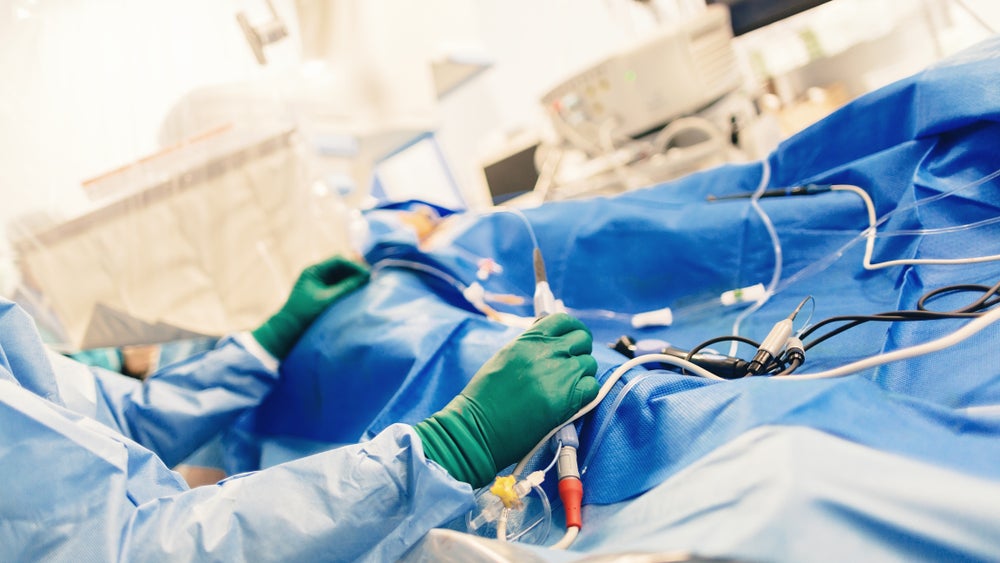China-based medical device company Amoy Diagnostics has reported positive results from its AmoyDx ROS1 test while supporting the OxOnc Development during the completion of Phase II trial (OxOnc study) of crizotinib in East Asian patients with ROS1-positive metastatic non-small cell lung cancer (NSCLC).
The ROS1 gene fusions test is a nucleic acid amplification test for the qualitative detection of ROS1 gene fusions in NSCLC formalin-fixed, paraffin-embedded (FFPE) samples.
The test kit involves a specimen preparation to classify the total RNA from NSCLC FFPE samples then reverse transcription of the target RNA to generate complementary DNA (cDNA).
It uses real-time PCR technology to test the tumour messenger RNA from human tumour tissue or tumour cells and deliver the results in 2.5 hours.
Around 127 ROS1-positive patients in China, Japan, Taiwan and South Korea were enrolled in the trial, which met its primary objective of showing a high overall response rate for crizotinib.
AmoyDx CEO and president Dr Zheng said: "We expect NSCLC patients with ROS1 translocations to benefit significantly from the OxOnc Study results.
How well do you really know your competitors?
Access the most comprehensive Company Profiles on the market, powered by GlobalData. Save hours of research. Gain competitive edge.

Thank you!
Your download email will arrive shortly
Not ready to buy yet? Download a free sample
We are confident about the unique quality of our Company Profiles. However, we want you to make the most beneficial decision for your business, so we offer a free sample that you can download by submitting the below form
By GlobalData"AmoyDx aims to provide our customers with superior and innovative products and services to improve healthcare and patient well-being, and in particular, contribute to the development of new cancer therapies and precision medicine."
AmoyDx has secured the CE mark for its ROS1 kit detecting 14 ROS1 gene fusions in Europe in 2013 and received Chinese Food and Drug Administration (CFDA) approval in 2014.







